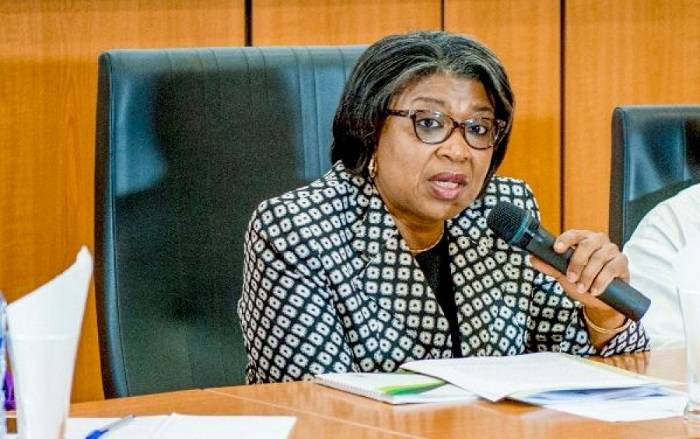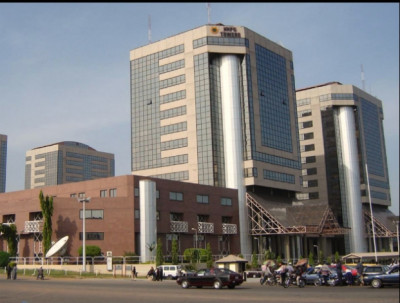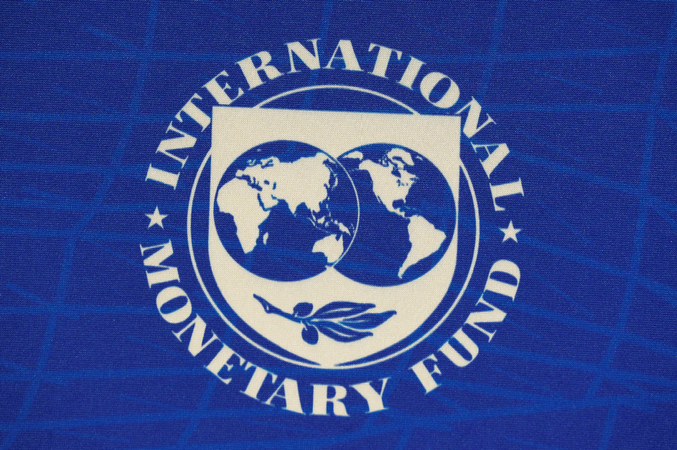The Director General of Debt Management Office (DMO), Ms. Patience Oniha, has confirmed Nigeria’s debt stock stands at N87.37 trillion as at September 30, 2023.
Oniha, who disclosed this during the interactive session held at the instance of House Committee on Appropriations chaired by Hon. Abubakar Bichi, however, noted that while justifying the rationale behind the borrowing spree, she informed the Parliament that projects implemented by Federal government during the three previous recessions were funded through borrowing.
She said: “Let me speak a bit about public debt as you requested in the letter inviting us.
“The first point is that we have run budget deficit for many years for which the DMO has been raising funds locally and internationally to support the budget.
“The point I would like to make is that as the level of borrowings increases you have to service them so debt services increase also.
“Again, we run budget deficits because we have projects and programmes in the budget that the government wants to run. If we go back from 2015 and 2016, we know we have been through about two or three recessions. So, a lot of that bringing the economy out of recession was funded from borrowing.
“The first one was through the Economic Recovery and Growth Plan and the last one was during COVID. So, debt has increased and so has debt service increased.
“We usually publish the debt data every quarter. So, the most recent data we have in terms of debt stock is as at June 30th of 2023. The figure for public debt is N87.37 trillion. That is made of of external and domestic debt and it is for the Federal Government and the 36 States and FCT.
“Let me quickly add that out of the 87 trillion, about 90 percent belongs to the Federal Government. I believe because of the role the Federal Government plays, we account for the largest share.
“But we report everything because that is best practice. If you compare that figure to last year’s December, it was N46 trillion.
“So, it has grown sharply because we have borrowed…you can say in six months but also because we added the Ways and Means advances to that number. It is public. It was approved.
“The DMO’s role is to manage that debt and make sure it is sustainable and that there is no default because borrowing is not a bad thing but when you borrow you use it well.
“Debt has been growing largely from new borrowings. You see the MTEF for instance that you have approved, it has borrowings in each of the years of N8.7, N10.2 and N11.58 trillion just to buttress the point that as you increase the funds the debt stock grows.
“So, it also also growing because we have issued Promissory Notes and again like I said, Ways and Means advances. We usually like to say that debt stock relative to our GDP is not the issue.
“That has grown from 23 percent in March to about 40 percent in June. The same way the debt stock grew.
“But we need to do, to focus on debt service revenue which is very high. That is why I said the discussions about revenue, we cannot stop talking about them enough.
“So, apart from trying to generate as much revenue as we should, what else should we be doing? We are advocates for a number of initiatives being taken. Should be privatized if those projects can be better managed. You can attract capital. Do the private-public partnership so not everything is on the budget. Because when you put everything on the budget, you cannot get a deficit for which you need to borrow.
“We should strongly support the Fiscal Reform and Tax Policy Committee, we really need to get that working to change the story of us.
“For this year 2023 the DMO was to provide about N8.8 trillion, N7 trillion of that is domestic; meaning we borrow it here on naira. And then there is N1.7 trillion that ordinarily in normal times, we would have issued Euro bonds or from other sources.
“So, out of the domestic of N7 trillion as we speak, we have raised the full amount. So, you can say we have raised a significant amount to fund this budget.
“If the international markets had been covered and we were investing in counties with similar ratings like Nigeria by now we would also have issued a Euro bond.
“We have been extremely supportive of funding the budget and the operations of government,” Ms. Oniha noted.
While speaking on funding of some of the proposed infrastructural projects, she disclosed that the present administration is to ensure direct support with the SUKUK.
According to her, “This year some of that 7 trillion we issued it by way of SUKUK and you will soon begin to see the roads across the FCT.
“Having spoken to what is in the 2023 of which we have raised 7 trillion out of the 8.8 trillion. So we know that in 2024, from the MTEF there is N8.749 trillion.
“So, the levels of borrowing are still high but I think as the MTEF is a rolling document, as the picture looks better on revenues maybe the numbers would be lower.”
Speaking earlier, Chairman, House Committee on Appropriations, Hon. Abubakar Bichi explained that the interactive session with heads of MDAs was aimed at addressing strategies for the rising inflation, reducing the burden of Nigeria’s debt profile, sectoral budgetary allocations, and the dynamics of budget releases.
“Others are economic diversification strategies, revenue generation forecasts, and any useful information that will facilitate the enactment of the bill and effective implementation of the Appropriations Act, 2024.
“Amidst concerns to address the infrastructural gap in the country, eliminate poverty, and generally achieve the 8-Point Renewed Hope Agenda, there is a need to ensure that all loose ends to revenue are tied, as this can have a gross impact on the government’s ability to implement the 2024 Appropriation Bill when passed.
“While the revised MTEF and FSP showed that revenue-generating efforts by the present administration are already yielding fruit, more needs to be done to ensure that government-owned enterprises optimize their revenue-generating potential.
“In light of the above, this interaction is designed to engage relevant stakeholders to provide insight on the perspective of the budget and enable the Committee to play its coordinating role in ensuing allocative efficiency in the 2024 appropriation process,” Hon. Bichi noted.

 News6 years ago
News6 years ago
 Featured6 years ago
Featured6 years ago
 Boss Picks6 years ago
Boss Picks6 years ago
 Headline6 years ago
Headline6 years ago
 Headline6 years ago
Headline6 years ago
 Headline6 years ago
Headline6 years ago
 Headline6 years ago
Headline6 years ago
 Headline6 years ago
Headline6 years ago













